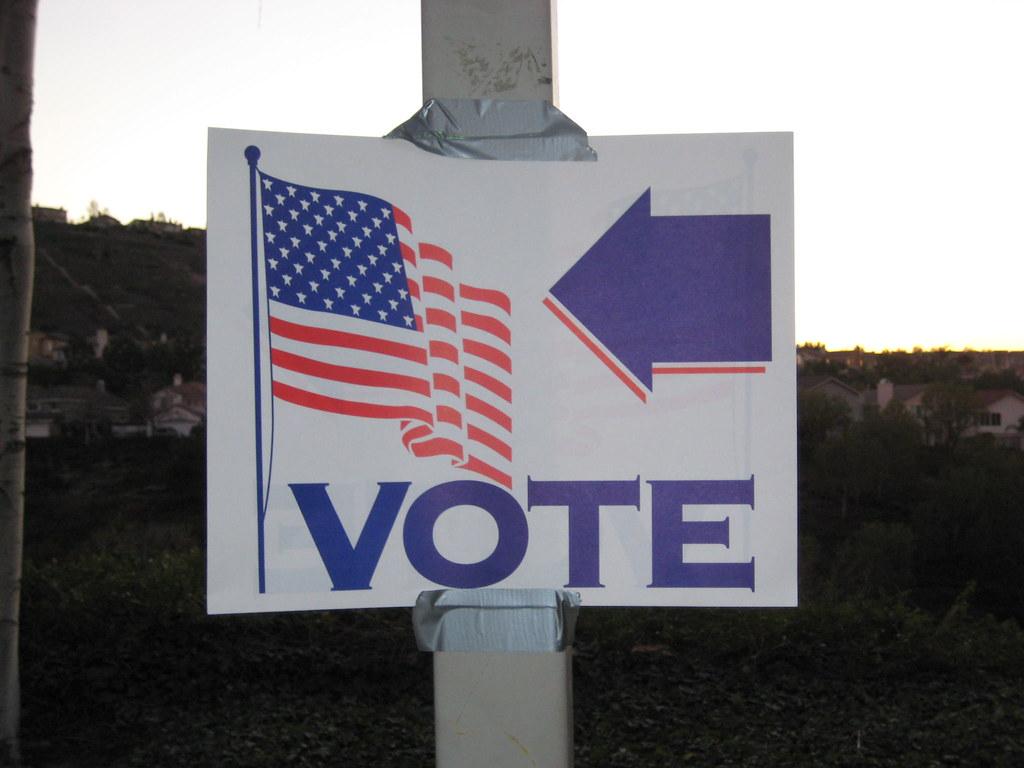As the presidential election is approaching its end, questions about what election night might look like have puzzled many. COVID-19 has made the need for mail-in voting options essential and many states are offering more options for voting by mail. Conspiracy theories about election integrity through mail-in ballots are surfacing online and as voters, we need to take charge of the information we share and understand the implications of casting doubt on the integrity of an election.
President Trump is one of those accused of attempting to cast doubt in mail-in ballots after he has continuously pushed a conspiracy theory that claims mail-in votes will lead to record levels of election fraud despite no factual evidence to back up the claims. He also claimed in a campaign rally in Oshkosh, Wisconsin that the only way he will lose the election is if it is rigged.
Although President Trump has used similar rhetoric in the past, the claim that votes will be rigged puts the entire U.S. election at risk. Stating that the only way he could lose is through a rigged election is a political threat to discourage voters. Not accepting the results of mail-in ballots is extremely dangerous to the voices of voters who are unable to vote in person due to being at high risk for contracting COVID-19.
The social media companies Twitter and Facebook are already bracing for disinformation about the integrity of voting results. While they are different companies, the goal of the guidelines seem to have one overarching focus: they do not want their platforms to be used to cast doubt in the presidential election results.
In a statement on Sept. 3, Facebook clarified a number of ways in which it plans to keep users informed and ensure the integrity of the election. The statement says that Facebook will not accept ads the week of the election and will also remove posts that claim people will contract COVID-19 if they vote. It also goes on to state that Facebook will link posts made by candidates to claim victory to the current Reuters and other national election polls.
Similarly, on Sept. 10, Twitter put out a statement saying it will remove false or misleading information that is intended to undermine confidence in the election. The post goes on to clarify that it includes disputed claims that could undermine faith in the process. Tweets that violate these terms of services will not be shown on the trending tab or given to users who do not follow the accounts, the statement says.
While these social media platforms have put in safeguards to discourage Election Day misinformation, the responsibility ultimately comes down to the individual user. The only way we can defeat the conspiracy theories surrounding mail-in voting is by not allowing them to have a place on our social media profiles. Fair elections are an integral part of a democracy and whether a ballot is in person or over mail shouldn’t determine the integrity of a vote.

























